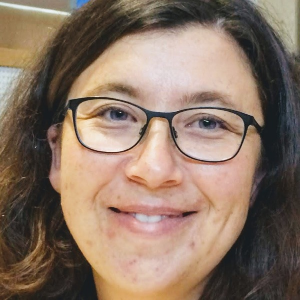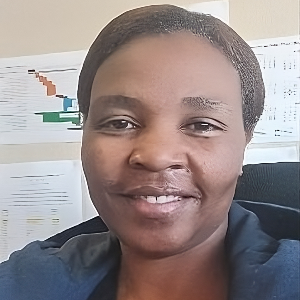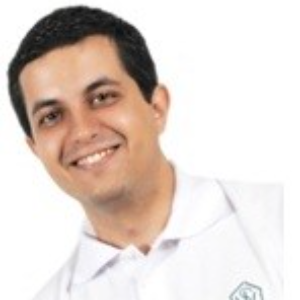Medicine, Surgery and Nutrition in Animals
Veterinary surgery consists of three types of treatments performed on animals by veterinarians: orthopaedics (bones, joints, muscles), soft tissue surgery (skin, body cavities, circulatory system, GI/urogenital/respiratory tracts), and neurosurgery. Veterinary surgeons perform advanced surgical procedures such as fracture repair, total hip, knee, and elbow replacement, cranial cruciate ligament deficiency stabilisation, oncologic (cancer) surgery, herniated disc treatment, complicated gastrointestinal or urogenital procedures, kidney transplant, skin grafts, complicated wound management, and minimally invasive procedures (arthroscopy, laparoscopy, thoracoscopy) (as registered in their jurisdiction). The majority of general practise veterinarians do regular surgeries like neuters and small mass excisions, although some also perform other treatments. The purpose of veterinary surgery in pets and farm animals may be quite different. In the former, the scenario is more similar to that of humans, where the patient's benefit is the most significant aspect. The economic gain is more relevant in the latter case.
When compared to the simple dietary requirements of plants, most animals' nutritional requirements are very large and complex. Carbohydrates, lipids, nucleic acids, proteins, minerals, and vitamins are among the nutrients used by animals. Phosphorus, sulphur, potassium, magnesium, and zinc are among the minerals that animals require. These minerals are frequently obtained by animals when they eat plants. Vitamins are chemical substances that are required in trace amounts for animal health. Vitamins are either fat-soluble or water-soluble. Animals get their nutrients through a wide range of feeding methods.
- Veterinary Science Equipment
- Veterinary Surgery & Radiology
- Veterinary Virology
- Veterinary Anatomy And Histology
- Veterinary Clinic
- Veterinary Epidemiology
- Veterinary Etiology
- Preventive Veterinary Medicine
- Veterinary Anatomic Pathology
- Nutrition and Feed Technology
- Biochemical and Physiological Basis of Protein, Energy, Mineral and Vitamin Metabolism
- Nutritional Effects and Performance Criteria
- Nutritional Quality
- Safety and Toxicity of Feed Stuffs
- Aspects of Practical Animal Feeding
- Production, Processing and Preservation of Feed Stuffs

Marco Polettini
DVM, Italy
Andreia Freitas
INIAV/REQUIMTE, Portugal
Andreia Freitas
INIAV/REQUIMTE, Portugal
Kedibone Gloria Kgosana
Sefako Makgatho Health Sciences University, South Africa
Nnenna Ugwu
Anglia Ruskin University, United Kingdom
Rubens Dias de Melo Junior
Universidade Federal de Goiás, BrazilSubmit your abstract Today
Important Alert:
X


Title : Analyzing veterinary medicine residues in food: A comprehensive guide
Andreia Freitas, INIAV/REQUIMTE, Portugal
Title : Quantifying changes in facial expression following hot-iron disbudding under procaine hydrochloride and meloxicam treatment in Holstein dairy calves
Nnenna Ugwu, Anglia Ruskin University, United Kingdom
Title : Trypanosoma vivax in and outside cattle blood: Parasitological, molecular, and serological detection, reservoir tissues, histopathological lesions, and vertical transmission evaluation
Rubens Dias de Melo Junior, Universidade Federal de Goiás, Brazil
Title : Characterization of porcine rotaviruses in the Czech Republic
Romana Moutelikova, Veterinary Research Institute, Czech Republic
Title : Determination of Circulating Foot-and-Mouth Disease Virus Serotypes in Kenya (2023)
Hellen Mutua, Foot and Mouth Disease National Reference Laboratories, Kenya
Title : Welfare for Amazonian wild animals
Eliane Cardoso Carvalho Moraes, Jungle Warfare Training Center/ Army, Brazil